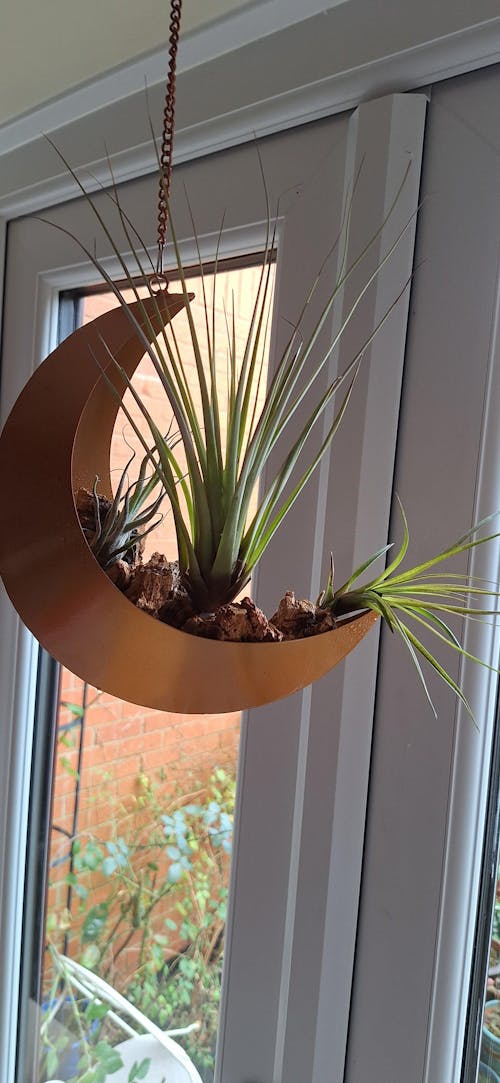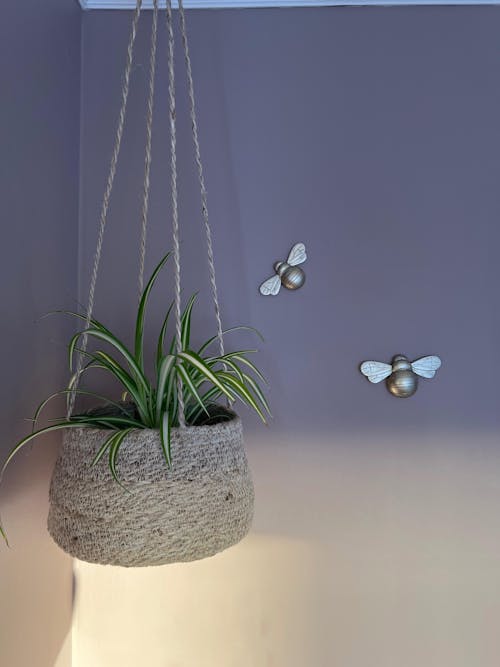Scientific Name
Calathea roseopicta (pink-painted basket-plant) 'Rosy'
This species, along with most of the genus, has been reclassified so it is part of the Goeppertia genus; it has the more proper scientific name Goeppertia roseopicta.
Common Name
Rose-Painted Calathea, Medallion Calathea, Goeppertia, Medallion Prayer Plant, Rosey Calathea,
Origin
Native to tropical areas of South and Central America
Description
The stunning foliage of the Rosey Calathea, native to tropical parts of the Americas, immediately draws the eye. The bright pink centres of the leaves stand out against the deep green edges and provide a bold, leafy centrepiece or coffee-table ornament, bringing the mystery of the tropical jungle into your home. Location is important for this plant; it likes to be warm and humid like its tropical home. Varying light and warmth levels across the year can affect this so make sure to keep an eye on its soil to ensure it does not grow too soggy or dried-out! Like humans with their central heating or air con, calatheas like to feel just right.
Light
Thrives in bright, indirect light, but will tolerate some shade as the red undersides of its leaves stop too much light escaping.
Water
Allow the top few inches of soil to dry out in between watering; if possible, use rainwater rather than tapwater, or at least allow tap water to sit out for 24 hours to allow chemicals in it to settle. Water with tepid or lukewarm water to avoid shocking the plant.
Humidity
This plant needs high humidity, so will appreciate regular misting and not being too close to a radiator or other heat source which might dry it out.
Soil
Plant in fast draining, but moisture retentive soil. A mix with added bark or perlite would be ideal. Repot every two years in spring, and water a day in advance to combat transplant shock.
Food
Feed every four waters in the growing season, reduce to every six in autumn and winter. Pre-water the soil before applying 'ready to use' products to protect the roots.
Temperature
Ideal temperature is above 20°C; make sure it does not get colder than 12°C in winter.
Pet-safe
Yes, but too much nibbling won't be good for pets, small humans or the plant!
Sprouts Top Tips
This plant can be fussy so choose your location carefully. If it's in an especially bright spot remember it will need more frequent misting/ watering to retain humidity levels!
Small swollen nodules will grow along Calathea roots- this is healthy and they are used to store water and nutrients, so don't cut them off when you're repotting!
Did you know?
The name 'calathea', from the Greek καλαθος ('basket'), comes from the use of the plant's waxy leaves to make waterproof baskets and transport fish in South America


































